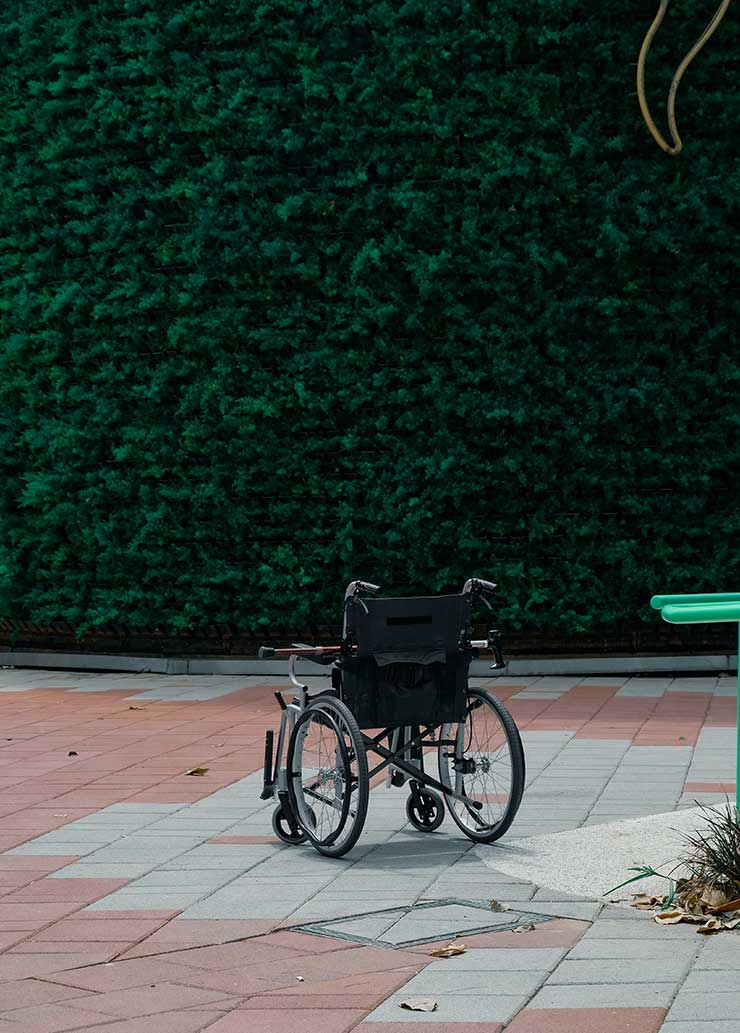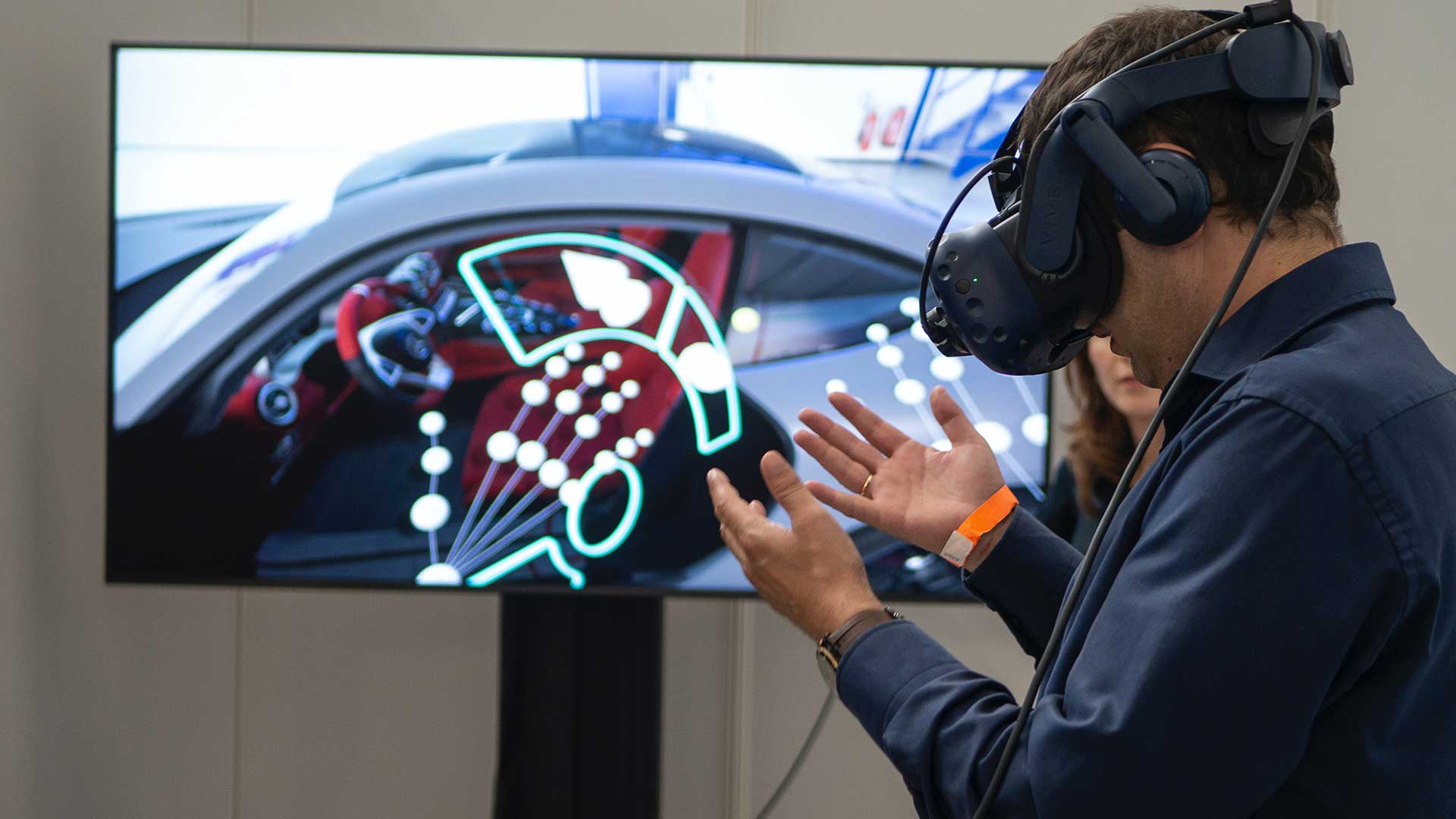REXASI-PRO, the reliability of social navigation algorithms
Social navigation systems based on AI-driven vehicles
The REXASI-PRO project aims to release a novel engineering framework to develop the design of novel trustworthy-by-construction solutions for social navigations. A research aimed at making people with reduced mobility autonomous by realizing social navigation systems based on AI-driven vehicles.
Artificial Intelligence Guided Vehicles for Persons with Reduced Mobility
Duration:
36 month
Years:
2022 October – 2025 September
Target markets:
Assistive Technology
Contacts:
Our solution
The project will develop in parallel the design of novel trustworthy-by-construction solutions for social navigations and a methodology to certify the robustness of AI-based autonomous vehicles for people with reduced mobility.
Three use cases are planned to be implemented:
- The first one will only involve the wheelchairs. Each of them will be deployed in a known environment with a pre-recorded map.
- The second use case will involve flying robots used to create a map of the internal spaces: an orchestrator coordinates the flying robot during the mapping activity to optimize the operation in terms of time and energy consumption.
- In the third use case all the components cooperate to define a fully orchestrated environment in which the end user has a safe and comfortable navigation in a crowded environment. The wheelchair will be able to self-drive in crowded area. Their destination will be defined by the user via voice.
The trustworthy-by-construction social navigation algorithms will exploit mathematical models of social robots. The robots will be trained by using both implicit and explicit communication. A novel learning paradigm embeds safety requirements in Deep Neural Network for planning algorithms, runtime monitoring based on conformal prediction regions, trustable sensing, and secure communication. The methodology will be used to certify the robustness of both autonomous wheelchairs and flying robots. The flying robots will be equipped with unbiased machine learning solutions for people detection that will be reliable also in an emergency.
Advantages
In the context of social robotic navigation, trustable environmental sensing is essential to guarantee robustness against uncertainties, malfunctions, and disturbances. A smart-sensing subsystem will be designed with the aim of providing trusted event detection.
The functioning of AI system requires appropriate respect for potentially vulnerable persons and groups, such as persons with disabilities and others at risk of exclusion.
Planet-caring is a dimension on which we cannot neglect, today. We will develop an AI-Based system to orchestrate the fleet of AI-Based Swarm and a dataset optimisation for REXASI-PRO algorithm which is based on topology (in order to compress the dataset without compromising data). Both systems will reduce costs and power consumption.
The impact of REXASI-PRO is to deliver a new Trustworthy AI framework. This goal will result in benefits for people with reduced mobility, their families, caregivers, scientific community, industry, and environment, creating a scientific, economic, technological and social benefit.
REXASI-PRO: Reliable & Explainable Swarm Intelligence for People with Reduced Mobility
The REXASI-PRO project aims to release a novel engineering framework to develop greener and Trustworthy Artificial Intelligence solutions. The project will develop in parallel the design of novel trustworthy-by-construction solutions for social navigations and a methodology to certify the robustness of AI-based autonomous vehicles for people with reduced mobility.




